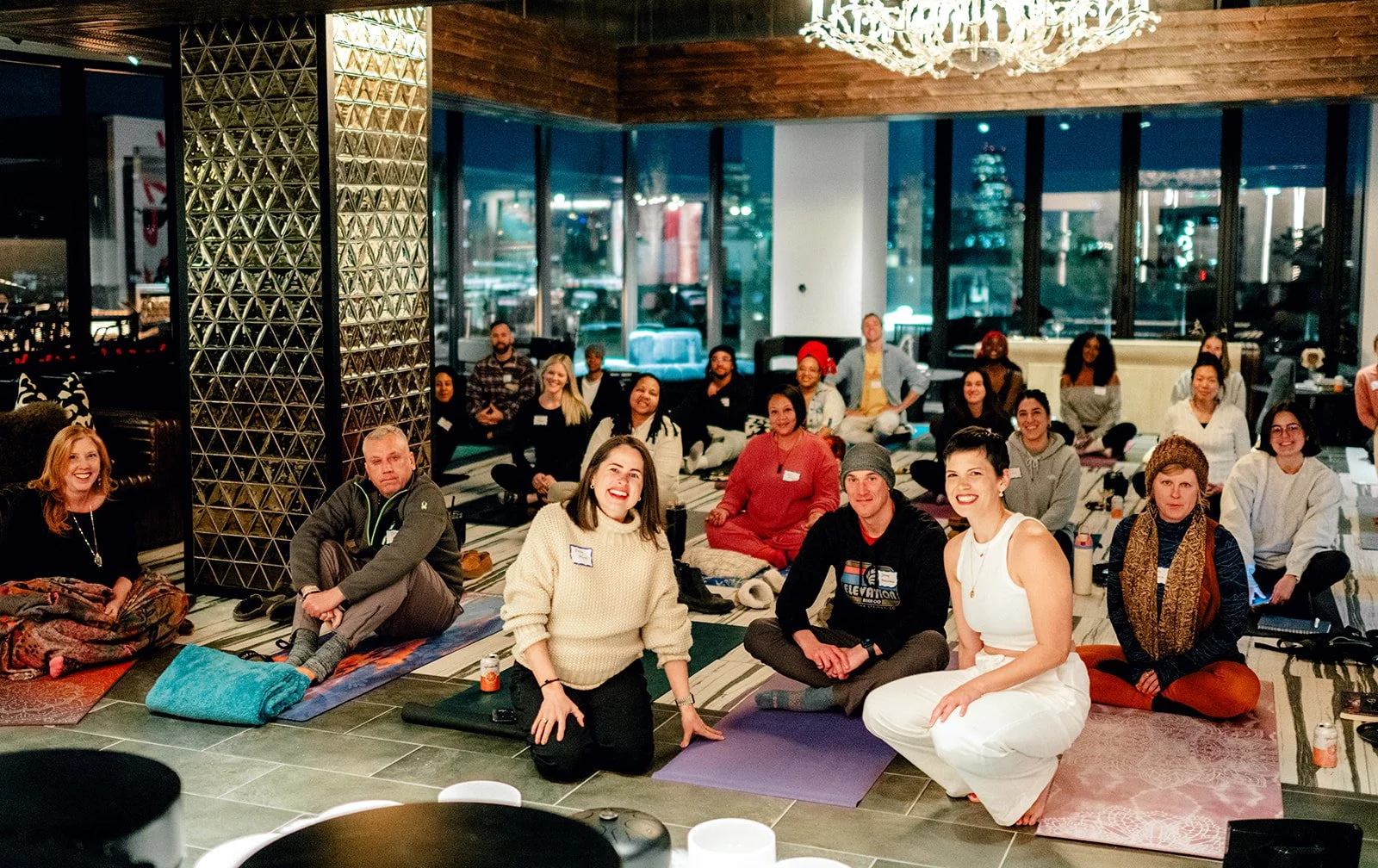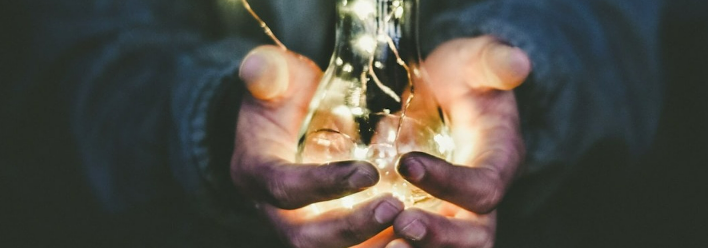
Networking made easy
Turning curated connections into clients, community and collaborations
Turn connections into opportunities
Wonder why connections turn into opportunities at each event? We set the stage for it. At every event we kick it off with a minimum of two curated 1:1 connections hand picked just for you! Prior to the event we get the bios, pictures, job titles, companies of each attendee and study them to ensure we’re matching you with the optimal connection for the events. Following the curated connections learn from speakers on topics that are personal and professional focused.
-
Before the event submit your bio in the third person. Who you are, what you do and what makes you tick.
-
Based on your bio we take it from here and find curated connections that make sense to your background and future. At an event you’ll meet two to three people.
-
The matches are 10-15 minutes each. It’s the follow up that matters. Best friends, collaborators and clients.
Explore Our Upcoming Events
The SDS Experience
-

Curated Networking Events
Experience in person and virtual events that foster connection and cultivate community.
-

Business Coaching
1:1 business coaching, curated masterminds and epic retreats focused on you.
-

Fractional Marketing For Small Businesses
As busy professionals we make running the marketing part of your business a cinch.
Come sit with us
We’ve all been to the BNI meetings that left us in tears after getting scolded for not having referrals. Or paid for sororities where we’re still made to feel guilty for not showing up and joined communities where everyone’s trying to sell you something before even learning your name. We built Second Degree Society to shift all of that. See what our community is made of.
Who we are
What our peeps are saying
-
“I used to think that I needed to be at conferences and IRL events for these deeper conversations, but being an SDS made me realize that this depth is also achievable online.”
-
“I’ve been a part of SDS since my early 20s. I love that the community is always there for you and grows with you no matter what stage you’re at!”
-
“Business coaching and networking support that doesn't make you feel ick.”
-
“The most comfortable and supportive networking group you’ve ever been a part of. The events are like speed dating for meeting new women and the topics are always interesting and relevant.”



















